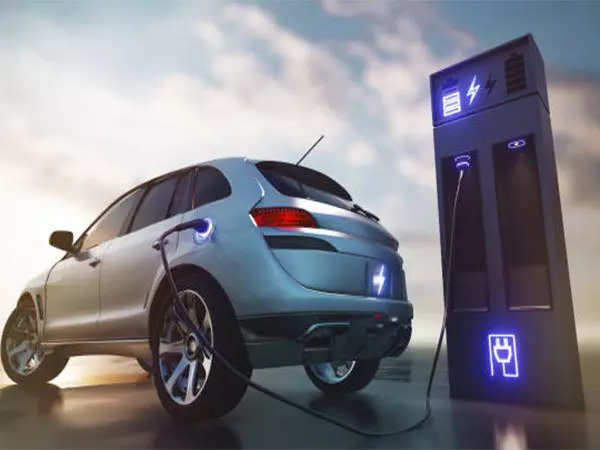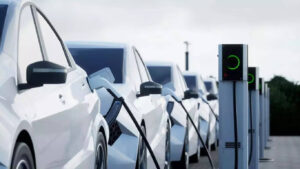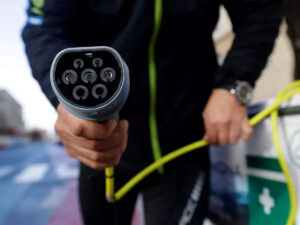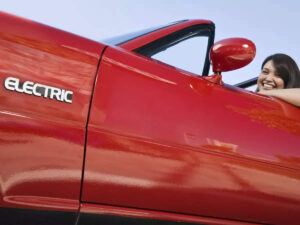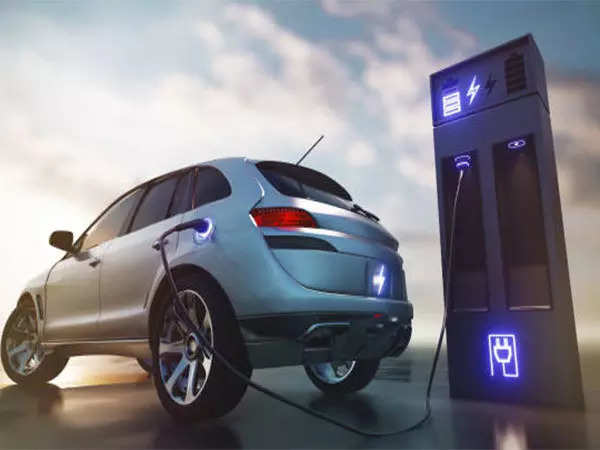
Sales of electric cars in the luxury segment, those priced at `50 lakh and above, have grown three-fold in the past year, prompting carmakers to line up more than half a dozen launches in the segment to cater to India’s young, aspiring buyers. The EV adoption rate in the luxury segment is pegged at three times that of the mass market by industry executives.
Nearly 2,900 high-end electric vehicles (EVs) were sold in the local market in the last fiscal year, up from about 900 units in FY23. Senior industry executives said they expect half of all luxury vehicles sold in the country to be electric by the end of the decade on the back of robust demand and multiple product launches planned in the segment over the next few years. Sales of luxury cars in the Indian market are expected to double to about 100,000 units by 2030.
Market leader Mercedes Benz plans to launch three electric cars this year to double its portfolio. Rival BMW is preparing to introduce two new products this year, including the all-electric BMW i5 M60 xDrive. Audi aims to bring the all-new Audi Q6 e-tron to India “as fast as possible”.
“Luxury car buyers have been ahead of the curve in terms of adoption (of EVs),” said Santosh Iyer, managing director, Mercedes Benz India. “The share of electric vehicles in the luxury segment is about 6%, three times of the mass market.” Mercedes Benz is working on developing the ecosystem for EVs to fast-track sales.
Mercedes Benz has seen its EV sales double in the first three months of the year.
“We are seeing strong demand for electric cars,” Iyer said. “Our electric SUV EQE is sold out. There is a supply-demand mismatch for the EQB. But that said, EVs are a marathon, not a sprint. In addition to more products, we are doing a lot of work on educating the customer and addressing concerns about range, charging infrastructure to consistently grow sales.” The German auto major expects a fourth of its sales to come from EVs in the next four years. In addition to a superior driving experience, BMW Group India President Vikram Pawah said, incentives such as lower taxation and government subsidies make EVs attractive.
“The market demand for sustainable BMW and Mini EVs is rising as they provide a great level of technological sophistication, sheer driving pleasure and comfort,” he said. “Moreover, incentives like lower taxation and subsidies make them even more attractive. From 10%, we see the EV contribution going up to 25% in the medium term.”
To be sure, how India’s new EV policy will impact the market isn’t yet clear, especially with Elon Musk expected to announce plans for a Tesla plant in the country on his upcoming visit. Incumbents said this is likely to lead to the overall market for EVs expanding.
India levies a GST rate of 5% on EVs compared with 28% (plus cess) on fossil-fuel powered cars. BMW plans to introduce more EVs in India over the next few years at varied price points to cater to a wider array of customers. BMW India currently sells five EVs — luxury hatch Mini SE, entry level SUV iX1, the i4 sedan, the iX SUV and the i7 limousine — priced between INR 53 lakh and INR 2.13 crore (ex-showroom).
Audi India, which offers four EVs with prices starting at INR 1.2 crore, has plans to strengthen its portfolio with more affordable electric cars to expand its share. The Audi e-tron range has been popular in India and the company is working on launching the Audi A6 e-tron as quickly as it can, said Balbir Singh Dhillon, head of Audi India. Currently, EVs constitute 3% of total sales at Audi India.
“By 2030, we expect luxury EVs to contribute to half of the sales,” Dhillon said. “It is important to note that our e-tron range is priced above INR 1 crore, which implies that we are catering to a limited segment. India’s EV market is yet to realise its full potential, and although demand remains robust, there is a long way to go. However, as charging infrastructure develops and awareness around the benefits of electric car ownership grows, the demand for EVs is set to increase.”

